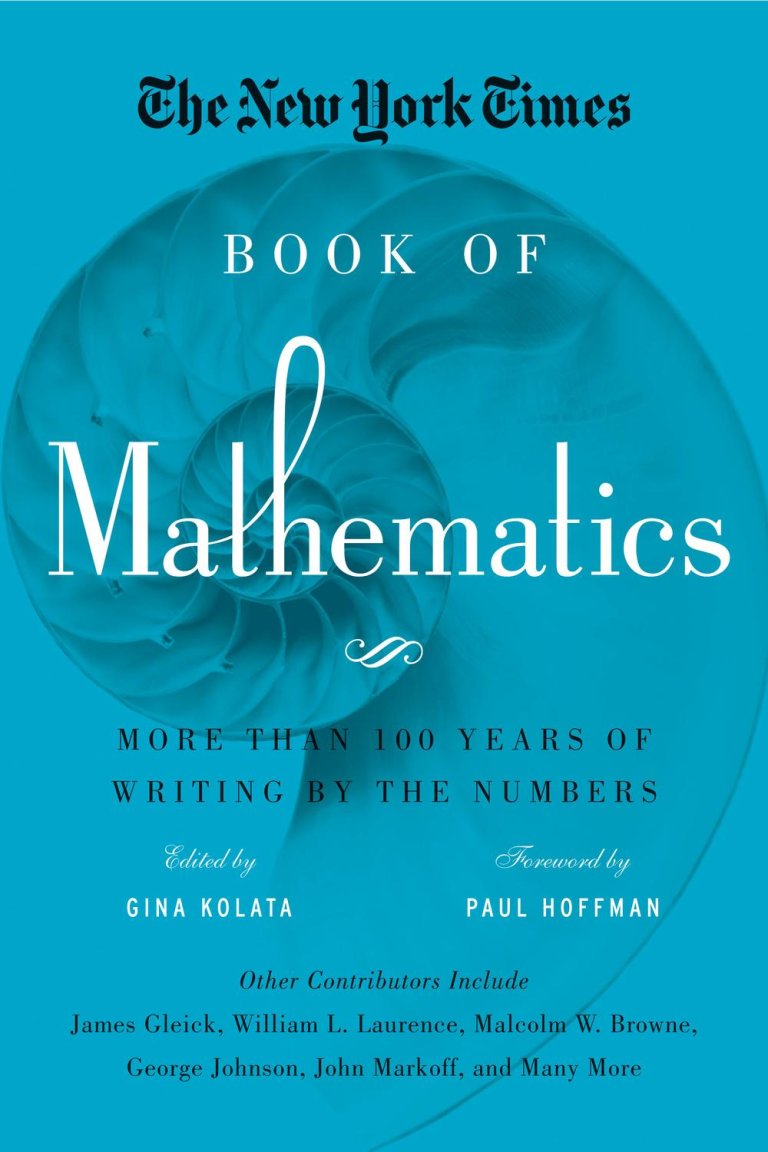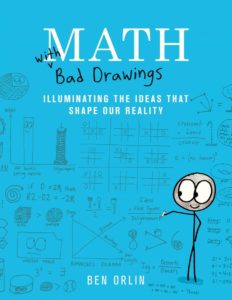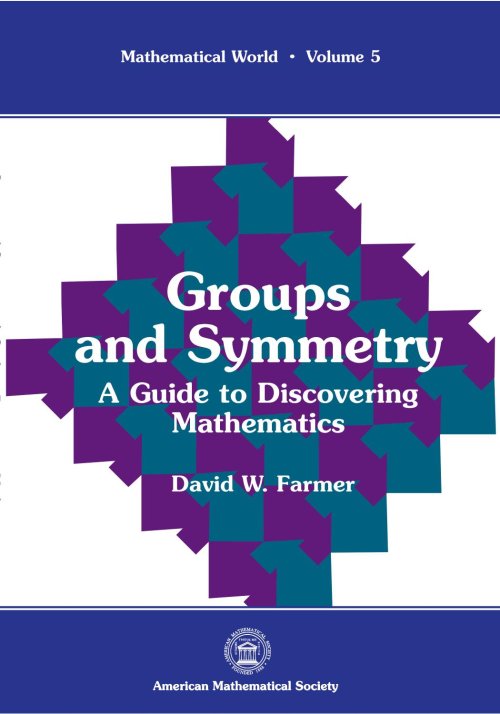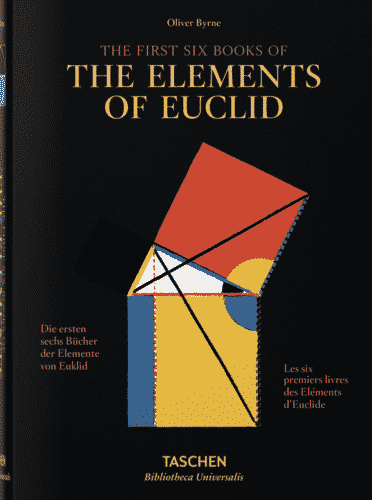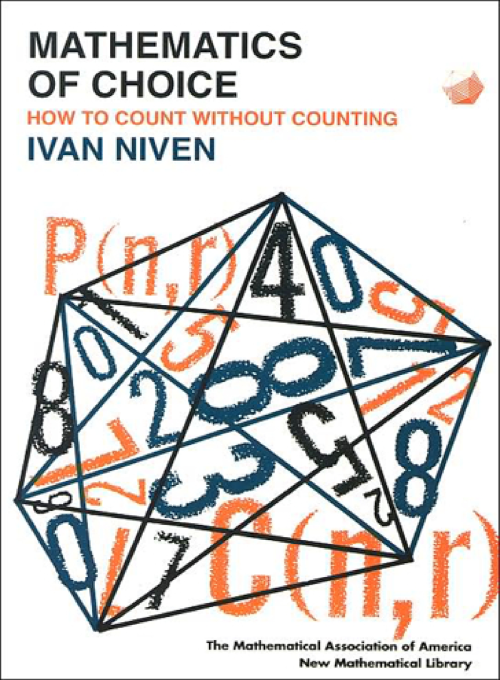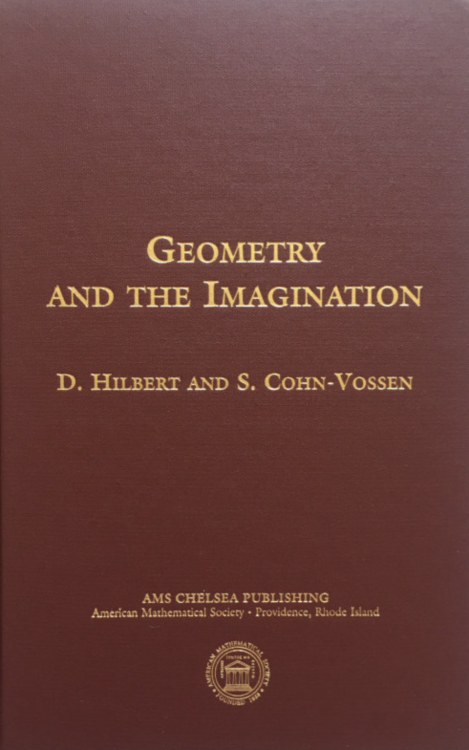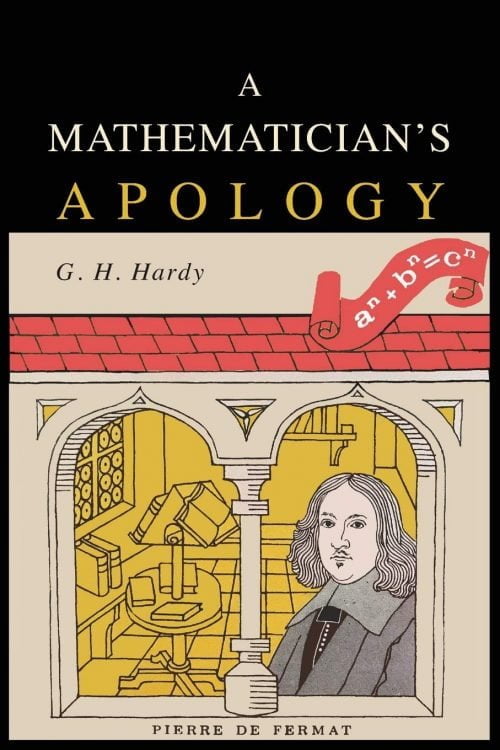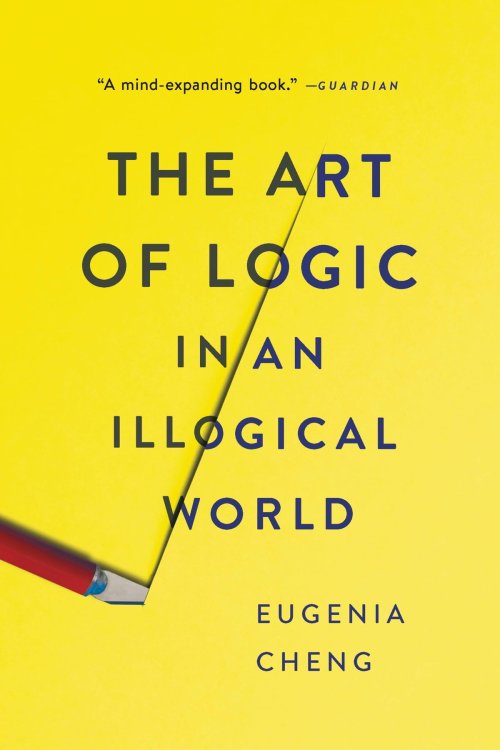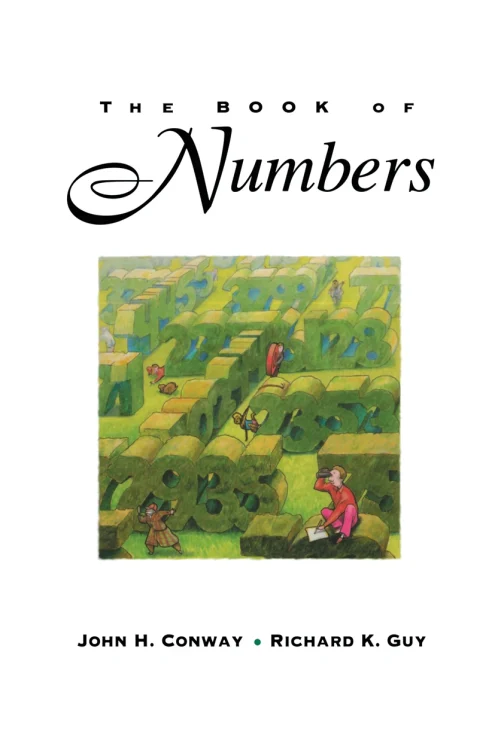Step into the captivating world of mathematics with The New York Times Book of Mathematics, a collection that spans over a century of intriguing articles on this often-overlooked subject. From the foundations of mathematics to groundbreaking proofs and applications, this sumptuous volume showcases the depth and breadth of the field.
Written by a diverse range of authors, including journalists and mathematicians, these articles offer a unique perspective on how mathematics is perceived by the public. The editor has thoughtfully grouped the articles into seven major areas, allowing readers to follow a compelling narrative that reveals the evolution of mathematics over the last 120 years.
While the book provides a comprehensive overview, it also invites readers to dip in randomly and explore specific topics that catch their interest. Through selected articles, readers can gain insights into broader philosophical issues surrounding mathematics and its significance.
Beyond the theorems and proofs, mathematics is driven by the people who dedicate their lives to this discipline. Drawing attention to the fascinating individuals in the field, The New York Times Book of Mathematics highlights renowned mathematicians like Paul Erdős, Terry Tao, and Grigori Perelman. These brilliant minds, along with many others, have shaped the course of mathematics and deserve recognition for their contributions.
By showcasing the human side of mathematics, The New York Times Book of Mathematics demonstrates that this subject is not just abstract theories and formulas, but a field driven by passionate and innovative individuals. Through its captivating articles, this book offers a glimpse into the world of mathematics and the incredible minds behind it.
For over a century, The New York Times has championed the cause of science journalism and shed much-needed light on the world of mathematics. Now, with The New York Times Book of Mathematics, readers can embark on a journey of discovery and gain a deeper appreciation for one of the most fascinating fields of human knowledge.

